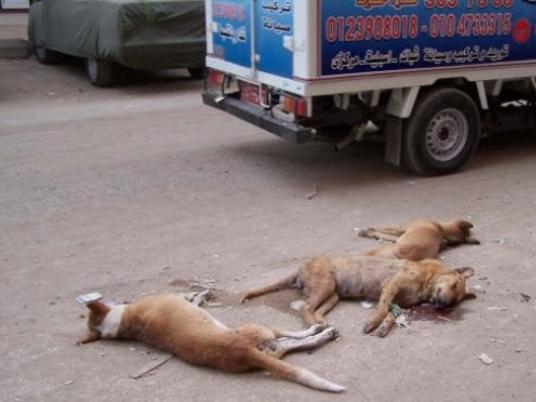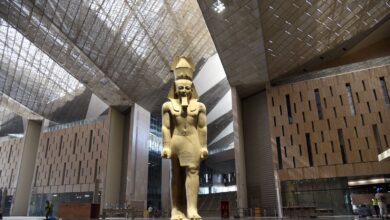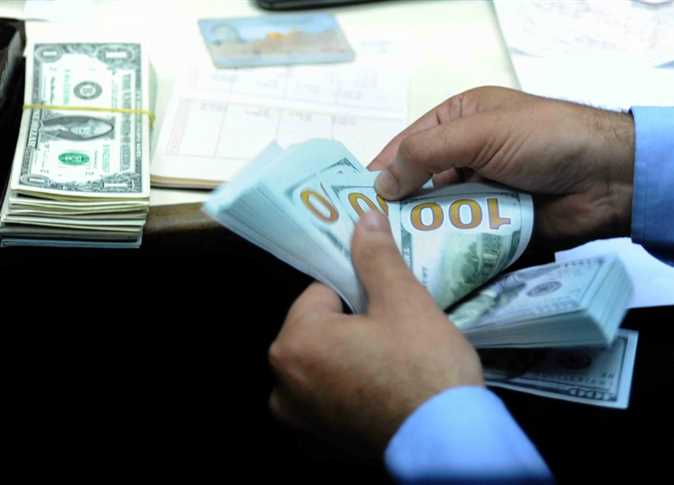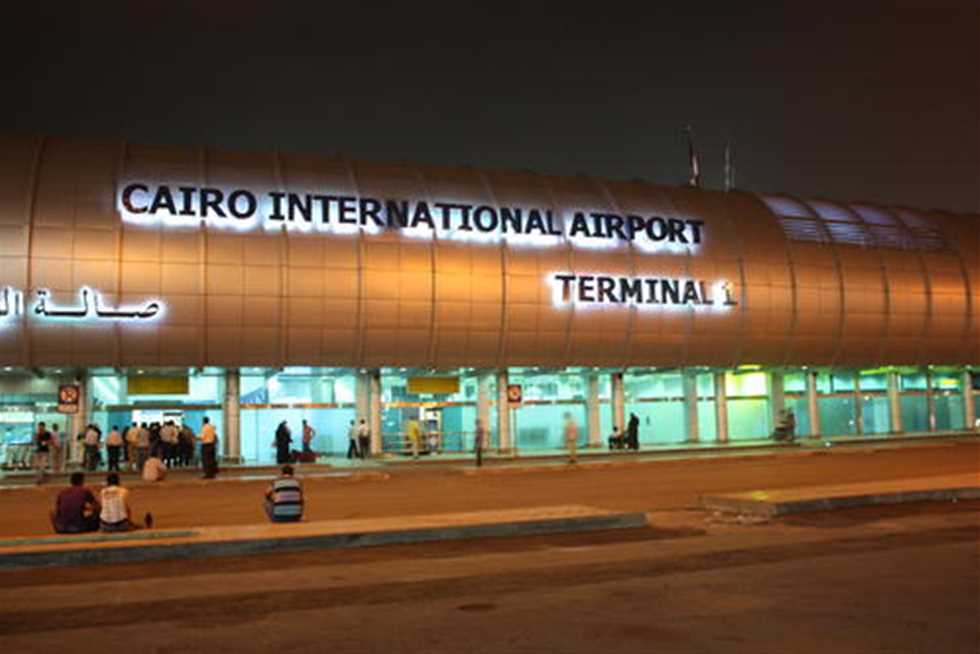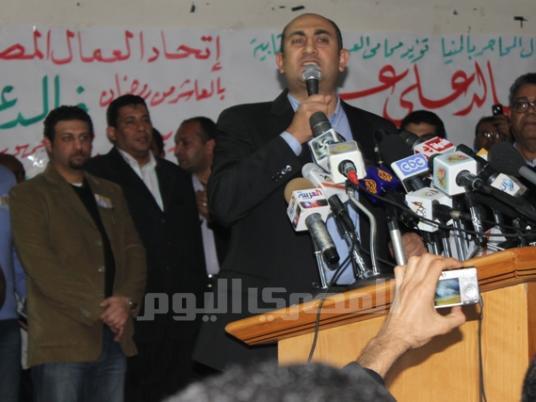
In front of a crowded audience at the Journalists Syndicate on Monday, lawyer and activist Khaled Ali announced his candidacy for the upcoming presidential election.
“My entire platform is built on the basis of social justice,” said Ali. The difference between his and other candidates’ perceptions of social justice is that his program is a leading policy and guiding principle, “not just decoration,” he said.
As the founder and director of the Egyptian Center for Economic and Social Rights, and a legal activist for much of the last two decades, Ali made a name for himself as a staunch advocate for social justice, especially in the public sector.
He also led the case against government corruption during the Mubarak years, taking government officials to court for illegally selling public land and public sector factories.
Most notably, Ali was able to get verdicts on cases that returned some large companies to the public, such as mega-retailer Omar Effendi, the Nile Cotton Weaving Company and many other factories. He was also a driving force behind a 2001 ruling to grant professionals’ and workers’ syndicates more freedoms, as well as a 2010 decision to increase the national minimum wage.
Running as an independent, Ali believes he is strengthened by his history as an activist, crusader for the poor and a force for change.
“I am the simple folk’s candidate,” he said.
The main points of his platform include making Egypt a regional hub for economic cooperation, protecting natural resources and mineral wealth, reversing corrupt government deals from the past, rehabilitating farmland, and solving unemployment while ensuring workers’ rights. His campaign announced that a final, full platform would be released at the end of March, while releasing working papers on each individual point in the platform at five to 10 day intervals in the meantime.
Many representatives of workers’ and farmers’ unions traveled a long way to attend Ali’s announcement and endorse his candidacy in appreciation of the work he has done with them in the past.
“He repeatedly stood with workers from our areas and fought to get their rights. That is why I made the trip over to stand with him. He is the right man, and will always fight for the right causes,” said Samir Naguib, who heads the Quarry Workers Syndicate in Minya Governorate. Naguib made the four-hour trip from Minya to attend the announcement.
Many of Ali’s supporters chanted repeatedly throughout his announcement, “A poor peasant, a president from Tahrir!”
In his speech, Ali maintained his anti-military rule rhetoric, saying that it is in the military’s best interest to not sour its relationship with civilians as the police have already done. He was also critical of the military’s ownership of industry and manufacturing facilities.
“All public economic institutions will return to the government,” he argued. “When the military won in 1973, the public sector supported it economically.”
Ali was careful to state his support for the private sector, and that he does not oppose it in any way.
The announcement came exactly a day after Ali’s 40th birthday, meaning he just met the age requirement to run and will be the youngest candidate in the race. However, as a relatively unknown figure outside certain circles, the real test will be meeting the other requirements of a serious candidate.
Before handing in his official candidacy papers, Ali must gather at least 30,000 endorsements from at least 15 governorates, or from 30 MPs, to be able to officially run. Coming from a simple rural family in the Daqahlia Governorate and working in a legal NGO with modest funding, Ali and his campaigners acknowledge they will be running at a financial disadvantage.
For a lesser-known and poorly financed candidate to announce himself only two-weeks before nationwide campaigns begin, many of his supporters acknowledge it will be a high mountain to climb.
“He announced his candidacy a bit late,” said Magdy Saleh, a member of the Pharmaceutical Workers Syndicate. “Not many are familiar with labor movements, so we will have to work extra hard to spread the word and make his work known.”

